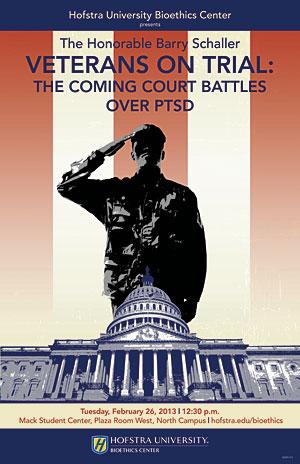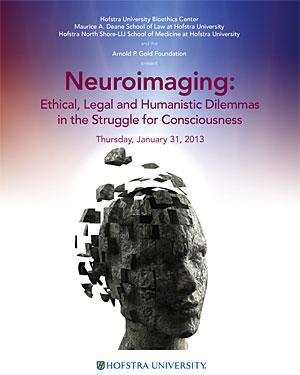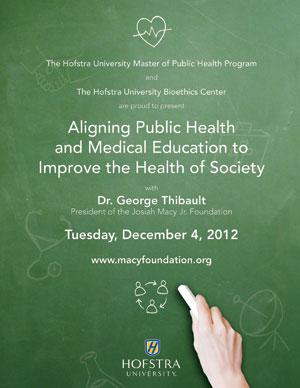
Upcoming Events
Past Events
Veterans on Trial

As hundreds of thousands of veterans are expected to return from Iraq and Afghanistan with post-traumatic stress disorder (PTSD), they face a return to civilian life with unforeseen challenges that they are often not prepared for, or are unable to cope with. This set of challenges often leads to issues that include substance abuse, job loss, homelessness, suicide, and divorce. Schaller’s lecture explores how PTSD is used as a defense and how this impacts the courts over time.
Schaller also discusses solutions for veterans and their families, and how political and military leaders, as well as legislators and community leaders, can share in the responsibility toward individuals who serve our country and the solutions that we desperately need to put in place as they return to civilian life.
Ethics & Humanism Night - Neuroimaging

Advances in imaging technology have led to greater use of imaging tools as a diagnostic and preventative resource to look at brain function within and outside of health care. Within health care settings, advances in technologies such as functional MRI’s (fMRI), PET (positron emission tomography) scans, SPECT (single photon emission computed tomography) scans, and EEG’s (Electroencephalography) have shifted how various types of brain injuries are being diagnosed, defined, and understood. Similarly, outside of the healthcare setting, these advances also provided a gateway for studying how the brain functions while making decisions about care, including moral decisions.
Alongside a wealth of newly acquired knowledge about brain function and brain mapping, comes a host of ethical and humanistic questions surrounding the clinical and predictive use of such tools within and outside of health care.
Sponsored by the Hofstra Bioethics Center and the Arnold P. Gold Foundation.
Aligning Public Health and Medical Education

Dr. Thibault’s lecture looks at the historical separation of medicine and public health in academic institutions, and how that separation has lessened the effectiveness of health professionals in improving the health of individual patients and populations. He discusses the promise and challenges of integrating of population-based perspectives into medical training, and highlight promising models for more integrative training approaches.